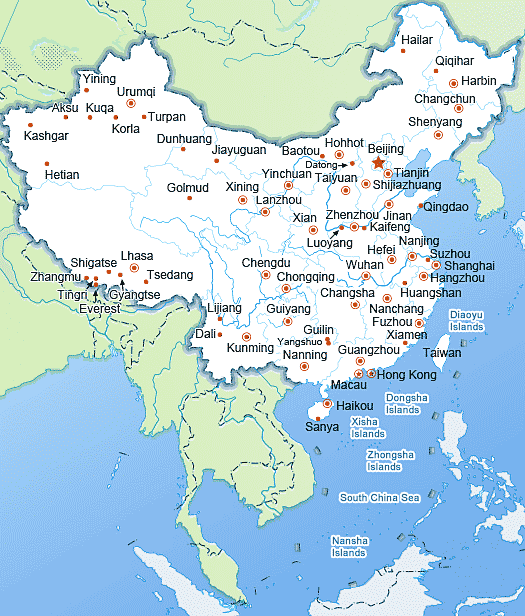A church worker in Beijing repeated to me the tale of a church that had worshipped in a cave during the Cultural Revolution. These Christians had somehow saved a single Bible from destruction, but they lived in terror that it, too, would be lost. So the believers each memorized a book—as long as they lived, so did the Word.
Ironically, persecution strengthened Chinese believers’ faith and determination, and religion eventually proved stronger than its opposition. Document 19—one of the primary policy statements on religion in China, derived from the same party gathering that established Deng Xiaoping’s rule—states that “those who expect to rely on administrative decrees or other coercive measures to wipe out religious thinking and practices with one blow are even further from the basic viewpoint Marxism takes toward the religious question. They are entirely wrong and will do no small harm.”
That’s an incredible acknowledgement of failure from the government. Since Deng Xiaoping, Beijing has attempted to manage and control religion through an elaborate religious bureaucracy, all the while predicting religion will die out naturally.
But statistics, however fuzzy, suggest precisely the opposite has happened:
Christianity’s growth in China has been dramatic. Some believers worship in the state-sanctioned churches, but most still worship in so-called house or underground churches, which operate outside the sanctioned system—making them tough to number. But there are rough estimates. The Chinese government’s lowballed statistics numbered twenty-three million Protestants and 5.7 million Catholics. The Pew Forum on Religion and Public Life reported fifty-eight million Protestants and nine million Catholics; other plausible studies suggest the total number of Christians has surpassed one hundred million.
It’s true that persecution still endures—and it’s been meticulously documented each year by the Texas-based ChinaAid, an organization founded by a former Chinese house-church pastor who was himself targeted once….
As a rule, the Christians I met wanted to both honor God and obey the government whenever possible. One businessman I met was part of the underground church, and he prided himself on his openness with the local officials. He invited them to Christian functions and notified them when he was hosting a big event, essentially acting as a PR rep for God and trying to persuade them that they had nothing to fear and much to learn.
Other Chinese Christians avoid politics altogether. I met a young man in Beijing who led a Bible study at a house church. He was endearingly blunt, talking to me over pizza about his mother’s illness and how it had led him to God, and about his longing to find the wife God had reserved for him. But when I brought up politics, he clammed up completely. Chinese Christians invite trouble when they get political, he suggested before changing the subject.
Nevertheless, Christianity’s explosive growth has undeniable potential for political reform. Religious practice assumes freedom of speech, assembly, and even some property rights.
And Christians are also working to improve rule of law; a disproportionate number of Chinese rights lawyers are Christian. Some theorize this is because legal theory drove them to natural law, which in turn directed them to God. Others speculate it’s exactly the opposite. Nearly all these supposed subverters of state power work within the existing legal framework, trying to reform China by forcing it to adhere to the laws established by existing authorities. Of course, the powerful and politically connected are the ones undermining rule of law, but challenging them takes courage, which rights lawyers often derive from their faith.
But Christianity’s biggest legacy may be its restoration of the nation’s fractured civil society. China’s Christians, I observed, feel compelled to change every aspect of their lifestyle once they convert. They are radical in their dedication to service. They define themselves by the way they change their own lives and the lives of others. And that has a cultural impact.
Pages
▼
Friday, October 11, 2013
Christians in China
http://www.firstthings.com/article/2013/10/chinarsquos-new-christians


No comments:
Post a Comment